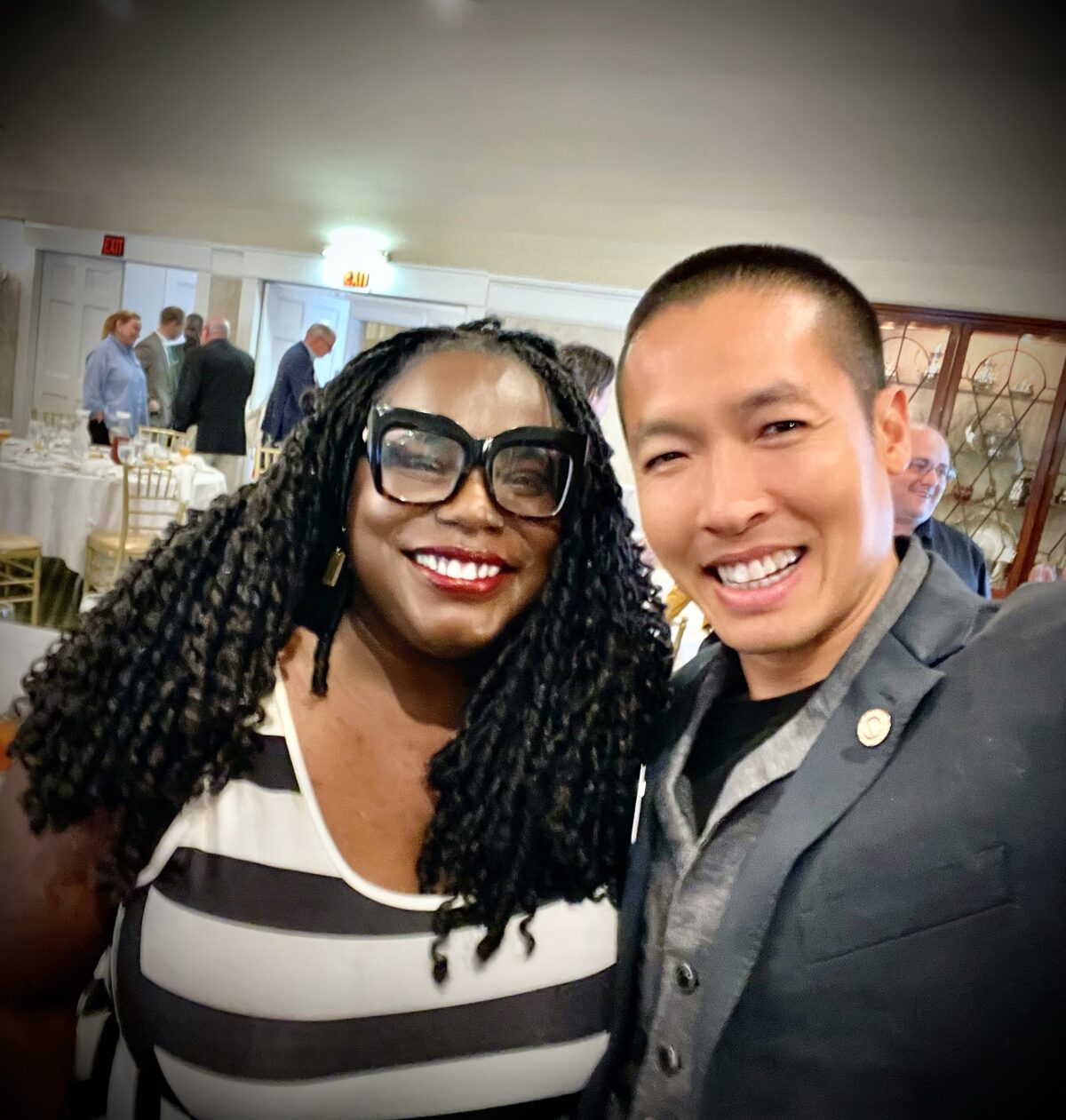Di Tran, the author of the forthcoming book, “Drop the FEAR and focus on the FAITH”, opens up about his deeply personal, emotional journey of becoming a father. He candidly shares his fears and insecurities, offering a genuine look into the heart of a parent.
In a recent conversation, Tran revealed, “It’s emotional. I never thought that I would be moved to tears when I held my youngest child and sensed the fading babyhood in their actions.” The journey of parenthood is indeed fascinating, full of learning curves and poignant moments. Tran, like every parent, grows with his child, learns from his child, and along the way, he finds himself evolving.
In the early days, Tran admits that his parenting journey was dominated by fear. The fear of potential health issues when his children were in the womb, the palpitations experienced during ultrasound appointments, the silent prayers for the little one to have all their limbs and a healthy heartbeat. Then came the fear of childbirth, of witnessing his babies being brought into the world in the sterile surroundings of a hospital.
As they grew, new worries surfaced: the fear of his children not hearing, of speech development delays. And then the fear for their character development, of them not becoming good learners or kind individuals. Or perhaps, not giving their one hundred percent in everything they pursued.
But as time passed, Tran found his fears slowly being replaced by faith. He came to understand that he cannot control every aspect of his children’s lives. Instead, he realized that the universe would lead his children towards the path that was best for them. “All I can do,” he reflects, “is be the best version of Di Tran I can be. An image that my children can look up to and mimic.”

In this realization, he found a profound truth that has shaped his parenting philosophy: “It’s not what we say, it’s what we do and how we act that children mimic.” And so, he strives to be an example of the values he wants his children to imbibe.
With his children surrounding him – on his arms, by his side, ahead and behind – Tran found his faith deepening. He learned to surrender his fears to a higher power. “God, thank you, I surrender them to you and so myself too to you,” he states, acknowledging that his role as a parent is as much about faith as it is about love and care.
Through his journey, Di Tran shares an inspiring message for parents and soon-to-be parents. Fear is natural, but so is growth, and as we navigate the uncertain waters of parenthood, we learn, evolve, and ultimately, find faith. So, let us not only drop our fears but also cultivate faith, for ourselves and for the little ones who look up to us.





















